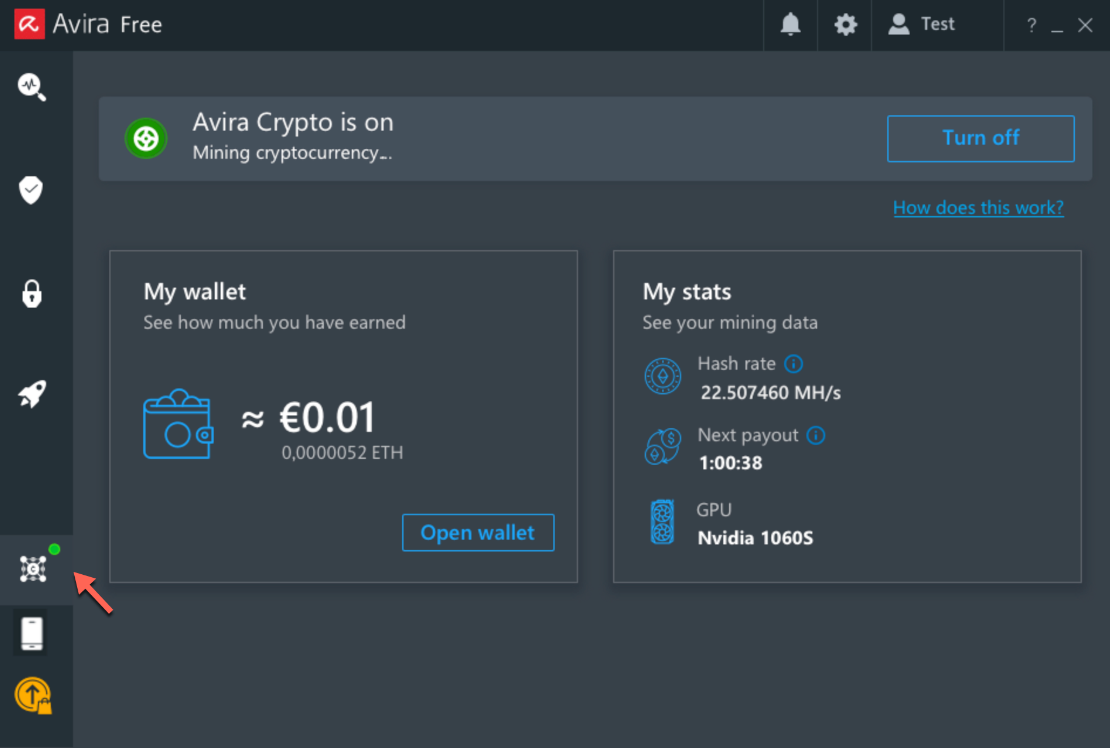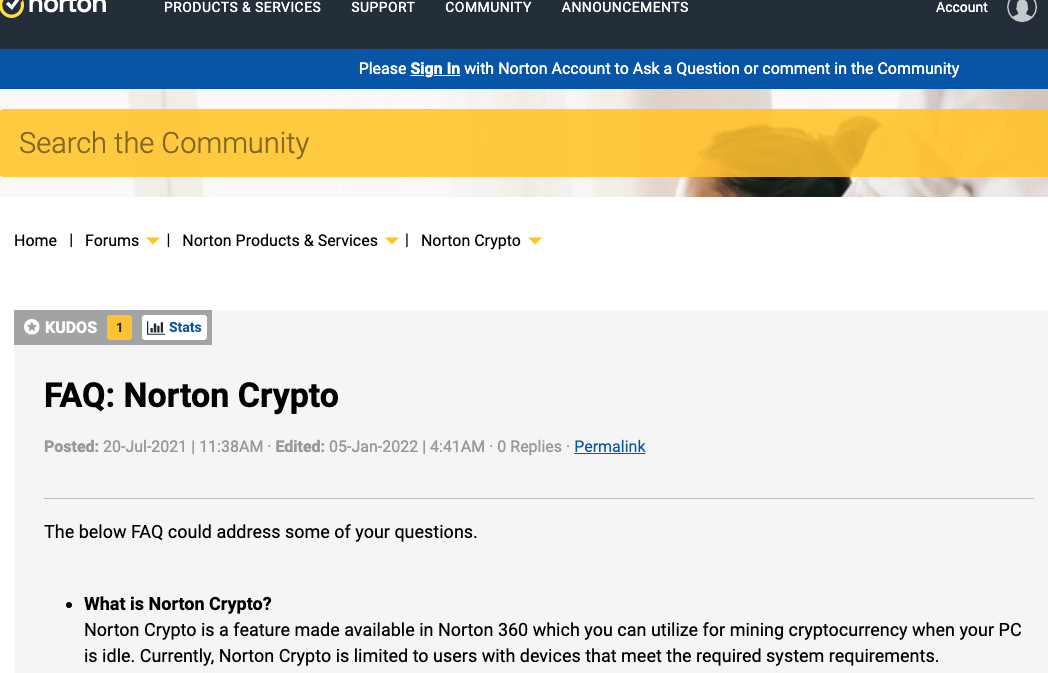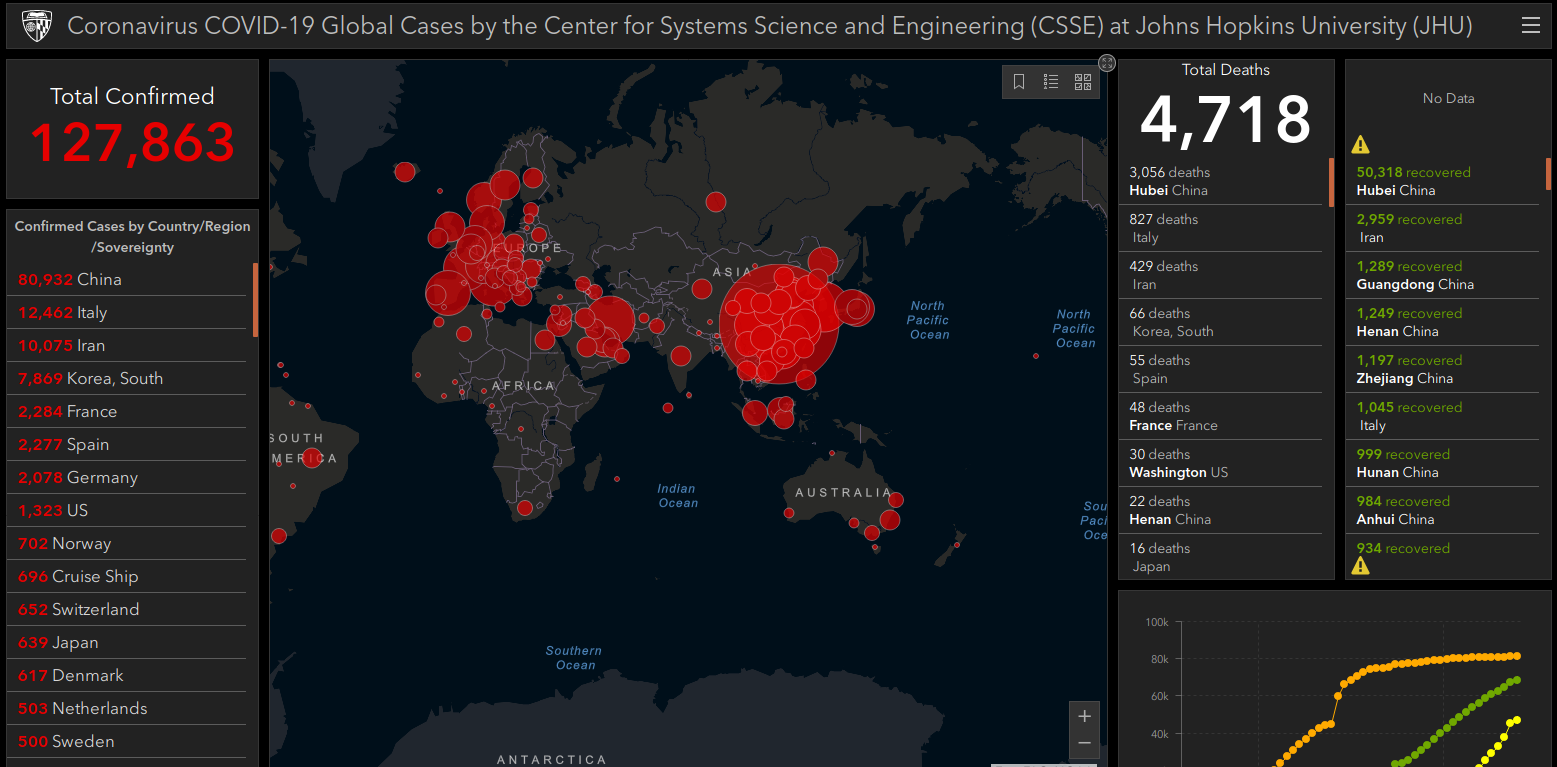Who is the Network Access Broker ‘Wazawaka?’

Credit to Author: BrianKrebs| Date: Wed, 12 Jan 2022 05:17:31 +0000
In a great many ransomware attacks, the criminals who pillage the victim’s network are not the same crooks who gained the initial access to the victim organization. More commonly, the infected PC or stolen VPN credentials the gang used to break in were purchased from a cybercriminal middleman known as an initial access broker. This post examines some of the clues left behind by Wazawaka, the handle chosen by a major access broker in the Russian-speaking cybercrime scene.
Read More





